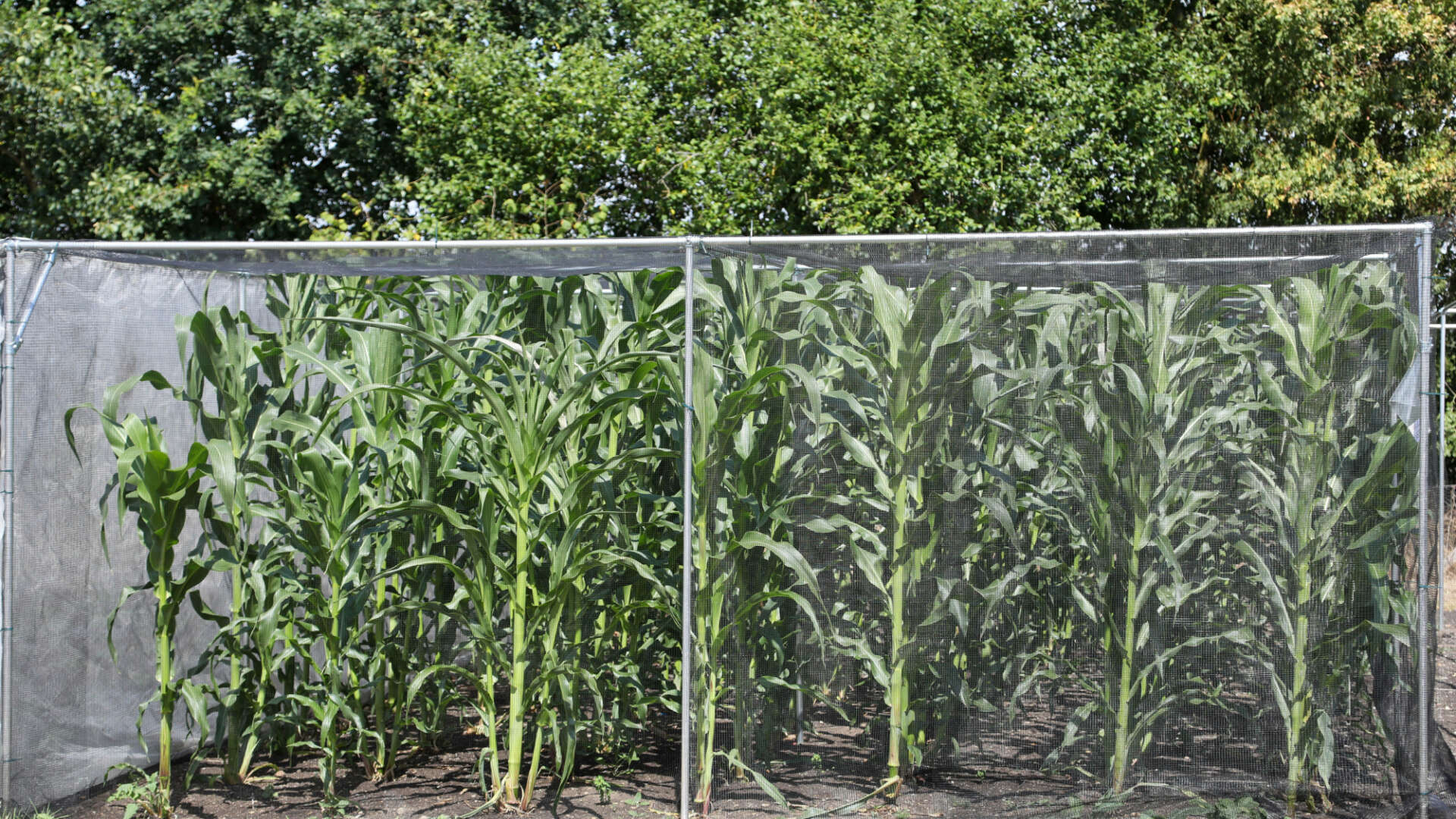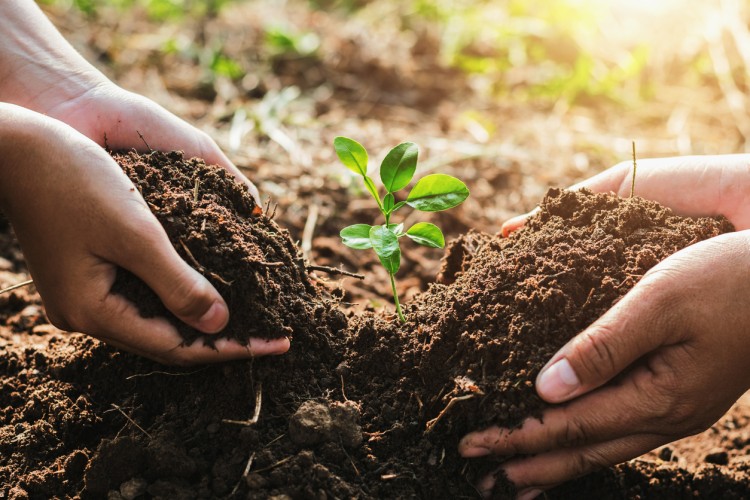DIY Natural Pest Control: Eco-Friendly Solutions for Home and Garden
Pests can often disrupt the peace in the tranquil world of gardening or the cosy confines of our homes. Whether it's ants marching through the kitchen, aphids attacking prized roses, or mosquitoes turning a summer evening into a battle zone, pests are a universal challenge. However, the solution doesn’t always have to involve harsh chemicals that can harm the environment and our health. Enter DIY natural pest control—an eco-friendly approach that not only tackles pests effectively but also nurtures a harmonious ecosystem around us.
What is DIY Natural Pest Control?
DIY natural pest control refers to the use of non-toxic, environmentally friendly methods to manage pests in and around our homes and gardens. It encompasses a variety of techniques and ingredients that work in harmony with nature to discourage pests or eliminate them without causing harm to beneficial organisms, pets, or humans. From using simple household ingredients to cultivating pest-repelling plants, the options are diverse and accessible.
Key Aspects of DIY Natural Pest Control
1. Natural Ingredients:
Many DIY pest control recipes rely on everyday items like vinegar, essential oils, garlic, and soap. These ingredients are safe alternatives to chemical pesticides and can be used effectively against a wide range of pests.
2. Beneficial Insects:
Encouraging natural predators and beneficial insects is a cornerstone of natural pest control. Ladybugs, praying mantises, and nematodes are just a few examples of allies that can help keep pest populations in check.
3. Companion Planting:
Planting certain herbs and flowers strategically can deter pests and attract beneficial insects. For instance, marigolds repel aphids, while basil can discourage mosquitoes.
4. Physical Barriers:
Simple barriers like mesh nets or row covers can protect plants from insects without the need for chemical intervention.
5. Cultural Practices:
Practices such as crop rotation, proper watering techniques, and maintaining soil health contribute to pest prevention by promoting plant resilience.
Why DIY Natural Pest Control Matters
The relevance of DIY natural pest control extends beyond immediate pest management. It aligns with broader environmental and health considerations:
1. Environmental Impact:
Chemical pesticides can linger in the environment, affecting ecosystems beyond the intended target pests. DIY natural methods minimize this impact, supporting biodiversity and soil health.
2. Health Benefits:
By avoiding exposure to synthetic pesticides, DIY natural pest control reduces potential risks to human health, particularly for children, pets, and those with sensitivities.
3. Cost-Effectiveness:
Many natural pest control solutions are affordable and can often be made with items already found in the home. This makes them accessible alternatives for budget-conscious homeowners and gardeners.
Practical Applications and Success Stories
Imagine a garden where marigolds not only add vibrant colour but also protect nearby vegetables from destructive nematodes. Picture a kitchen where a few drops of peppermint oil in a spray bottle repel ants more effectively than any chemical counterpart. These anecdotes illustrate the practicality and success of DIY natural pest control methods.
For example, Jenny, an avid gardener from Oregon, struggled with persistent aphids attacking her roses. Instead of resorting to chemical sprays, she planted garlic and chives around her rose bushes. The strong scent deterred aphids naturally, keeping her roses healthy and vibrant throughout the season.
In another instance, Mark, a homeowner in California, battled ants invading his kitchen pantry. Rather than using toxic ant baits, he mixed vinegar with water and wiped down his pantry shelves. The acidity of the vinegar disrupted the ants' scent trails, effectively discouraging them from returning.
Conclusion
DIY natural pest control isn’t just about managing pests but cultivating a sustainable, harmonious relationship with our surroundings. We can protect our homes and gardens by harnessing the power of natural ingredients, beneficial insects, and thoughtful gardening practices while preserving the environment for future generations. As you explore the world of DIY natural pest control, remember that each small effort contributes to a healthier ecosystem and a safer home. Embrace the journey of discovery and experimentation, and let nature guide you towards effective, eco-friendly solutions.








Comments
Post a Comment